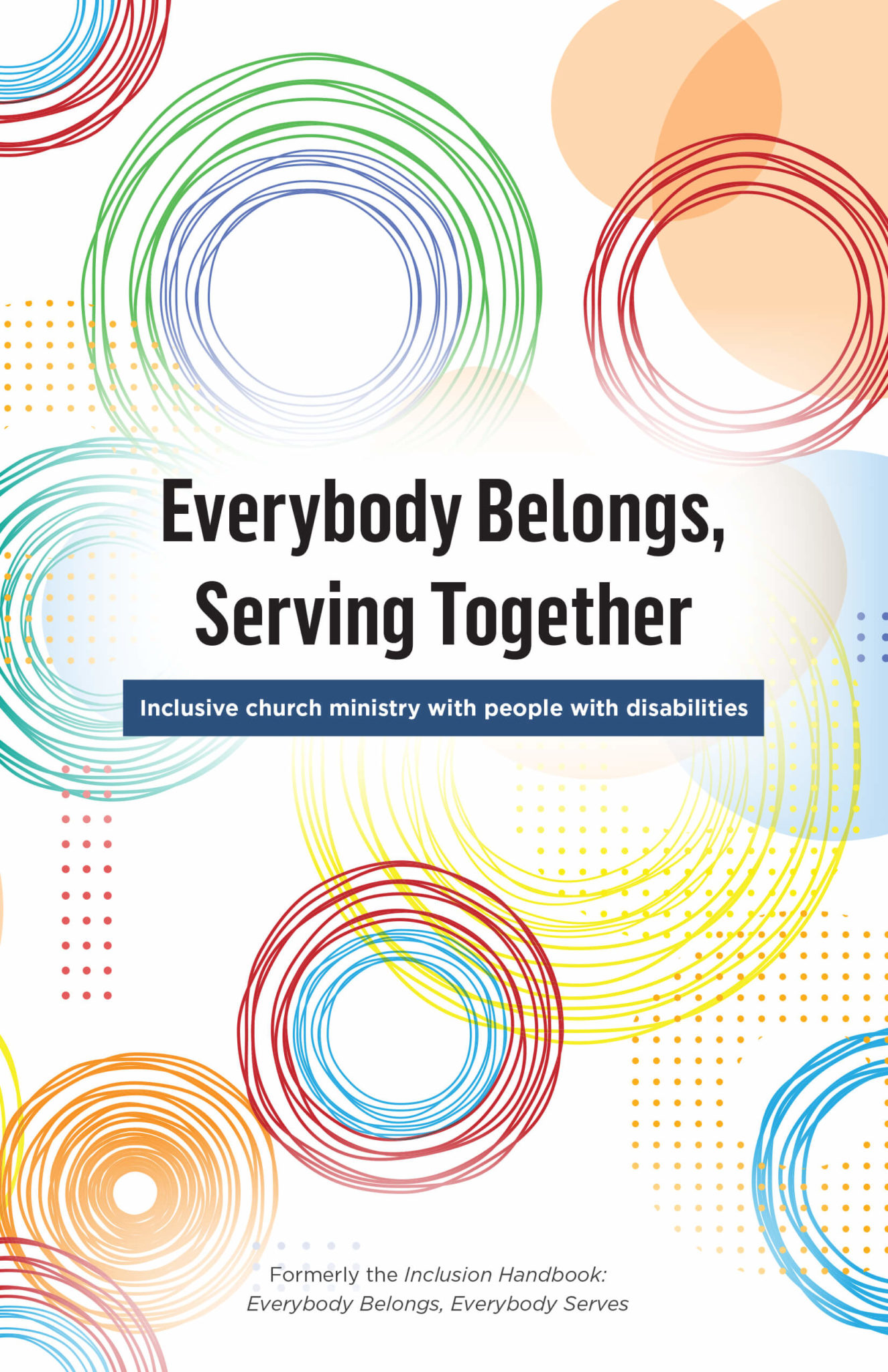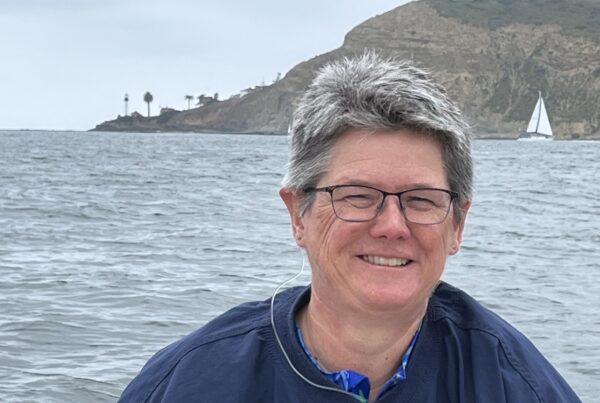I have been living with schizophrenia since the age of 28, but my initial diagnosis was psychotic depression. At least two other individuals in my church had depression before me. When I got it, I was met with empathy and compassion.
Later, I informed the leadership that my diagnosis had been changed to schizophrenia, and it was no big deal to them. They had known me since 1976, and had seen me grow up spiritually over the years, attending weekly Bible studies on Wednesday mornings, and in the evenings as well, led by elders.
Though they knew me well, they didn’t know the illness. As I gathered information on the subject, I shared it with the congregation, and I spoke openly about it to educate fellow congregants whenever an opportunity presented itself.
How schizophrenia affects me in my daily life
I have had a severe enough form of the illness to know what I’m talking about, yet mild enough to be able to talk about it and explain what it does to people on behalf of those who can’t verbalize what they experience. That inability to verbalize it can be because of the severity of their illness, or because the dosage of the meds they take make them feel like zombies. My mom who worked in a psychiatric institution as a social worker and director of social work often says that “most illnesses have a continuum of severity.”
These days I have few “positive” symptoms that are not completely controlled by medication. Sometimes I still hear voices when I’m upset or stressed about something, and they are always nasty. People at church don’t notice that. What they do say, often, is how they miss me when I’m not in church, which is gratifying to hear. I explain to them that I miss church because of the sedative in my medication.
Most medications designed to treat mental illnesses include sedatives, because insomnia is a common symptom. People with mental illnesses need to catch up on their sleep apart from all the other issues that need to be addressed.
Many people assume that those who have severe mental illnesses are just lazy. One of them is my own brother. It’s not the case. However, the sedative trumps discipline any day. That is why I’m not in worship every week.
What faith and church look like for me
I do feed my faith, and so should anyone who can’t attend church services regularly—not necessarily by doing what I do, but by staying involved in whatever capacity they can. I sit on the Worship Committee, translate the PowerPoint slides of the sermon into French, serve with the community supper team and as a regional disability advocate for my classis. I attend the Bible study sessions of my mom’s group during the regular season. I’m thankful that my faith has not dwindled or died out as a result of my repeated absences; rather it seems to be kind of constant.
How churches might support people like me
One thing that can be a challenge is that it’s very difficult to get counseling when you have a mental illness and you live on social assistance, commonly referred to as welfare. It’s just too expensive, and even in Québec, it’s not covered by the health insurance system, and psychiatrists can’t provide it because they’re overworked. I don’t know if my denomination, the Christian Reformed Church in North America, offers counseling. Maybe the denomination could alter the training for candidates to pastoral ministry to include special counseling for church members who struggle with mental illnesses. It wouldn’t replace medications, and even though severe mental illnesses like schizophrenia have no known cure, talk therapy does help patients to cope with their symptoms.
When I lived in Sherbrooke and even after I moved back home, I would use books by Joyce Meyer to work through some issues, but a friend of mine who is a retired pastor suffering from chronic depression dismissed that as work’s righteousness. That’s easy to say when you’re entitled to counseling through your insurance coverage, but if it’s the only alternative, it should not be sneezed at. All that attitude accomplishes is that it makes people feel bad about using the help they can find in those resources when they cannot get help otherwise.
Listen to the audio version
From Everybody Belongs, Serving Together
Explore the full guide to inclusive ministry with people who have disabilities
- Stories and guidance directly from people who have disabilities
- An interactive accessibility audit with personalized recommendations for your church
- Suggestions for engaging with people who have specific disabilities, from hearing loss to autism
- So much more!
Michèle Gyselinck
Michèle Gyselinck lives in Montreal and attends the First CRC of Montreal. Because of her disability, schizophrenia, Michèle was motivated to become a Regional Advocate for Disability Concerns and sat on the board of directors of a local day centre for people with mental illnesses. Michèle writes blog posts for Disability Concerns and enjoys painting and cooking.




